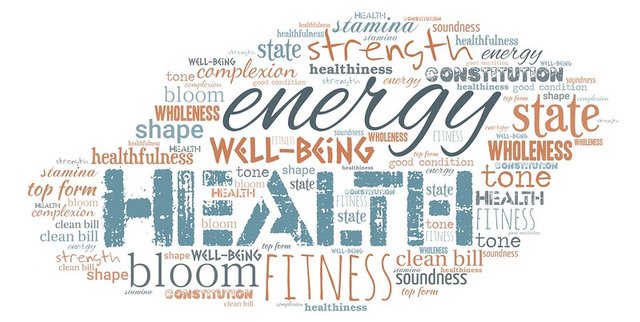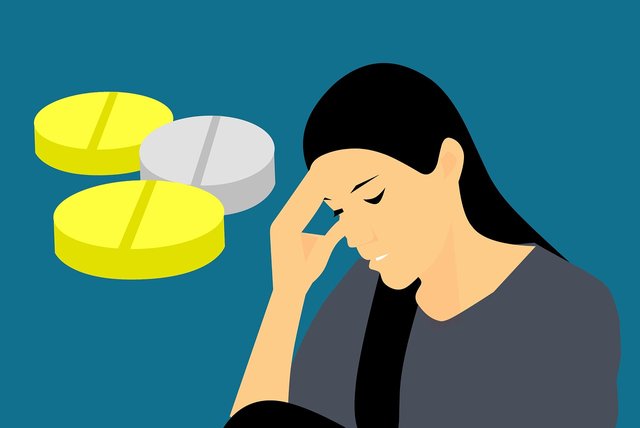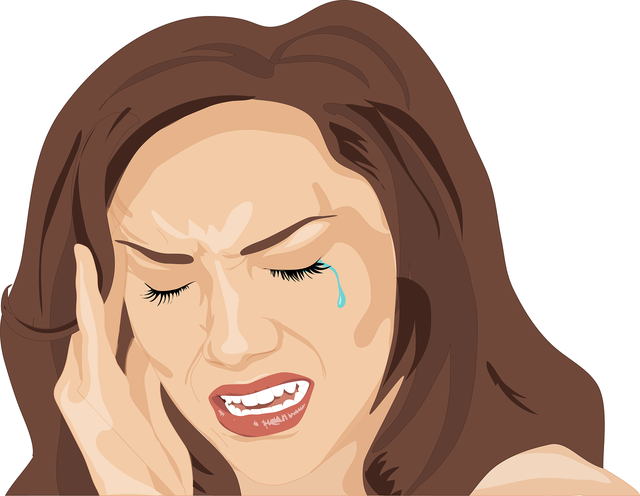Health - Migraine Headache

This is a very common type of headache which I'm sure most of us have happened to suffer from. Migraine headache is that intense pounding headache that goes on for hours or days, which begins in the forehead toward the side of the head or around the eyes. The situation can get worse after doing some activity, the focus of bright light, and hurt more when you get a loud noise. A migraine headache can be a frequent situation, as it can happen only once or twice a year, or daily. Statistics have shown that women are more likely to suffer from Migraine headaches than men.
Types of Migraine headache
- Classic migraines
- Common migraines
- Migraines without head pain
- Hemiplegic migraines
- Retinal migraines
- Ice Pick headaches
- Cluster headaches
- Cervicogenic headaches
Symptoms of migraines
- Intense pounding aching pain on one side of your head or both sides
- Pain intense with physical activity
- Nausea or vomiting
- Blurred visions or blind spots in seeing
- Being bothered by light or noise
- Feeling tired and/or confused
- Stuffy nose
- Feeling cold or sweaty
What causes migraines?
Doctors have not been able to put a clear cut on the causes of migraine headaches. So concluded that the situation is being forced by risk factors and triggers.
Risk Factor
Family history: some families have migraines running in the genes, so if one or both parents have migraines. The possibility is high that the kids will also have migraines.
Gender: As I mentioned, Women are more likely to suffer from migraines than men.
Age: Migraines can start at any age, but statistics show that they usually start before 40. Some people can have their first migraines in adolescence.
Trigger
Eating habits: Certain Food and drink, skipping a meal, and dehydration can trigger migraines. Examples are Alcoholic beverages (especially red wine), Caffeine (in excess), Passion fruit, etc
Hormone changes: Most women can experiences migraines due to their menstrual cycle, use of hormonal birth control, and changes toward menopause.
Stress: Feeling overwhelmed at work or home can trigger migraines, which is usually due to a lack of enough sleep.
Senses: Loud sounds and bright lights may also trigger migraines
Medicines: Certain medicines trigger migraines as side effects, which is important to report to your doctor in such circumstances.
Illness: Flu or cold may trigger migraines.
How do I prevent migraines?
- Eat regularly and do not skip meals.
- Drink water
- Keep a regular sleeping program
- Exercise regularly
- Keep records to track what can trigger your migraines.
But if you happen to be unable to prevent it, and it is intense. Make sure you see a doctor.

Thanks for reading.



Waouh! I've noted this, I'll begin checking my diets and water intakes
Great, and thanks. Our health is very important